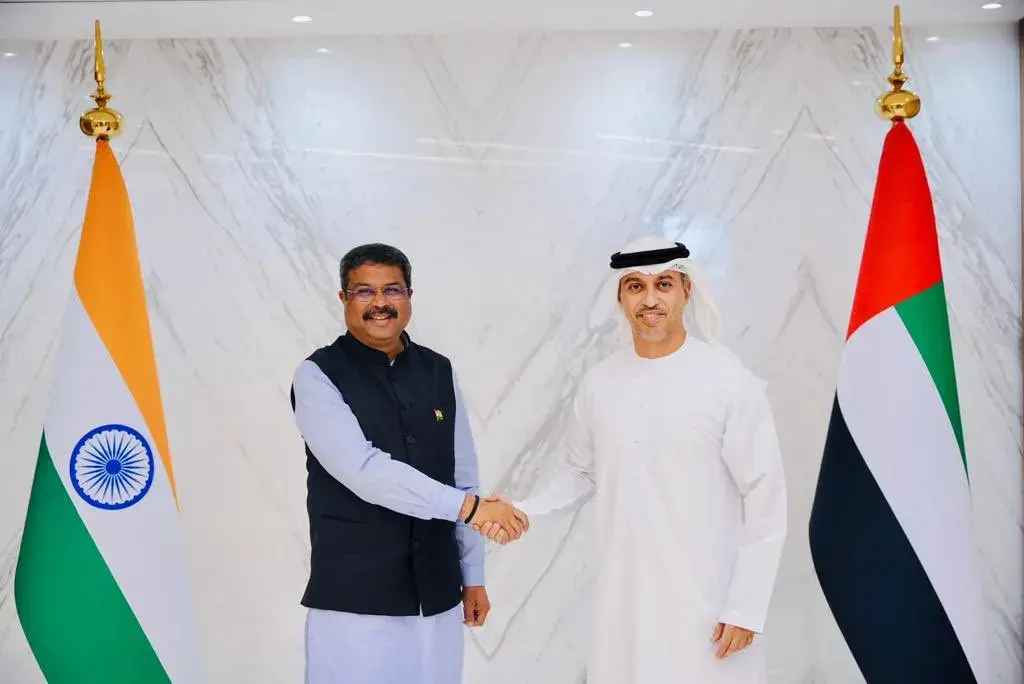UAE, US Explore Gaza Governance Post-Israel Withdrawal
The United Arab Emirates (UAE) has initiated confidential discussions with Israel and the United States on forming a provisional administration to oversee Gaza’s governance after the anticipated withdrawal of Israeli forces, according to sources familiar with the matter. The proposed plan involves the UAE, the US, and potentially other nations managing security, reconstruction, and governance in Gaza until a restructured Palestinian Authority (PA) is prepared to assume control. Reuters reported that these deliberations are part of behind-the-scenes diplomatic efforts involving Western officials and diplomats. The discussions focus on stabilizing Gaza while transitioning governance to a reformed PA capable of administering Gaza, the West Bank, and East Jerusalem under a roadmap toward a unified and independent Palestinian state. A UAE official emphasized that the country’s participation hinges on significant reforms within the PA. “The UAE will not participate in any plan that fails to include significant reform of the Palestinian Authority, its empowerment, and the establishment of a credible roadmap toward a Palestinian state,” the official told Reuters. The PA, originally established under the Oslo Accords in the 1990s, was granted limited authority over Palestinian territories. However, the UAE’s position highlights the urgency of structural reforms to strengthen the PA’s governance capacity. Emirati officials also suggested the potential use of private military contractors as part of a peacekeeping force during the transitional period. While this aims to stabilize Gaza, it has drawn concerns from Western nations due to controversies surrounding private contractors in other global conflicts. The UAE’s unique role as a security partner of the US and one of the few Arab nations with diplomatic ties to Israel positions it as a key mediator in the region. However, the lack of concrete plans, coupled with Israel’s opposition to elements of the UAE’s proposal—such as a unified Palestinian state encompassing Gaza, the West Bank, and East Jerusalem—underscores the complexities of achieving a lasting solution. The situation remains fluid, with no formal agreements reached. The ongoing deliberations reflect the challenging dynamics of ensuring regional stability and progress toward Palestinian self-determination. Source: swarajyamag Photo Credit: swarajyamag
UAE, US Explore Gaza Governance Post-Israel Withdrawal Read More »


